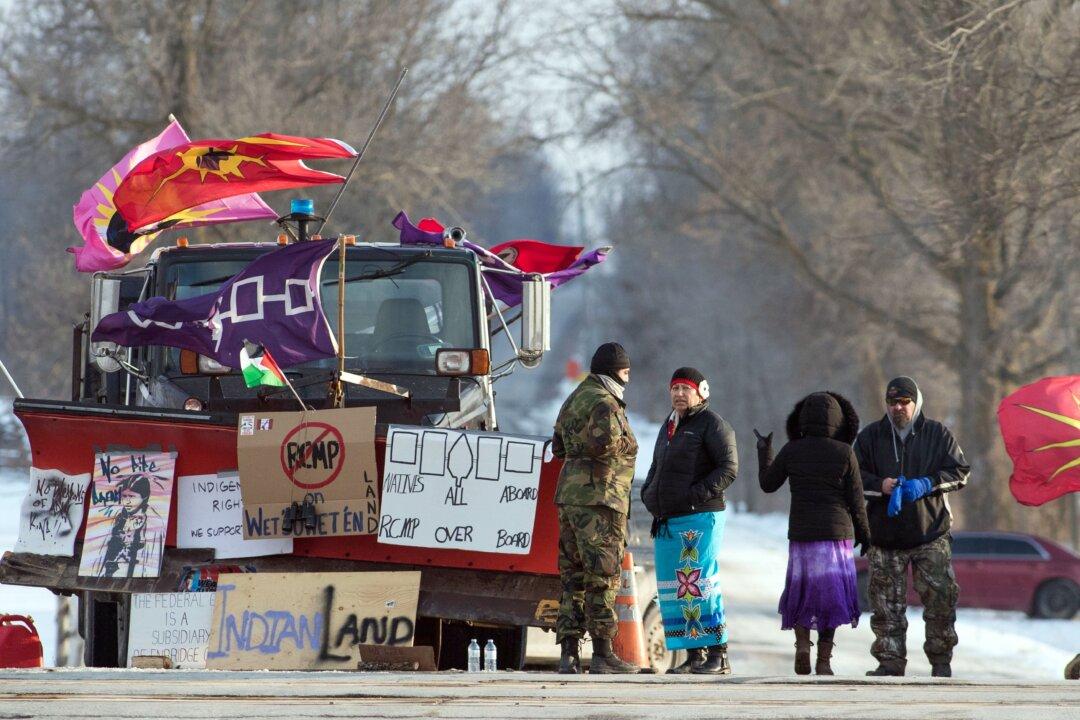Commentary
Well, at least Prime Minister Trudeau is in a state of calm. Indeed he has, we’re told, achieved an abundance of bliss.

Well, at least Prime Minister Trudeau is in a state of calm. Indeed he has, we’re told, achieved an abundance of bliss.